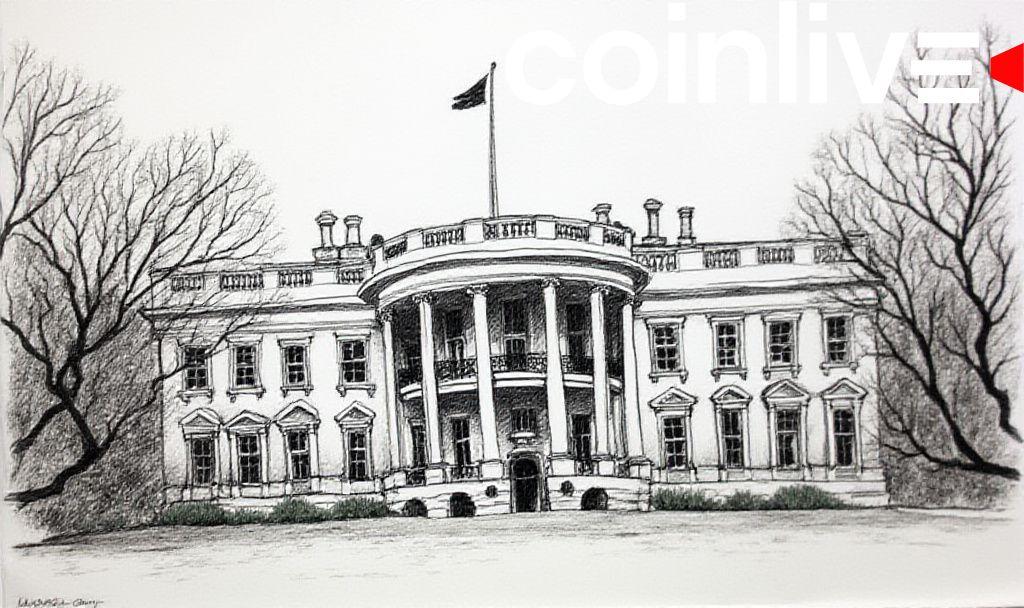- White House announces trade deal with China.
- Potential impact on U.S.-China relations.
- Details expected at Monday’s briefing.

The White House announced on May 11 that a trade deal with China has been reached. Specifics will be shared in a briefing scheduled for Monday. Negotiations took place in Geneva under the leadership of U.S. officials.
Treasury Secretary Scott Bessent and U.S. Trade Representative Ambassador Jamieson Greer spearheaded the discussions. Both noted progress and how swiftly the negotiations concluded, signaling reduced differences. The Chinese delegation’s feedback has not yet been disclosed.
The trade deal could lead to changes in tariffs impacting various industries. Market analysts eagerly await Monday’s briefing for specific details. Trade restrictions might adjust, potentially benefiting several sectors.
The deal reflects the U.S. strategy to rebalance trade and address existing deficits. Expectations include potential shifts in manufacturing back to the U.S. and possibly new policies concerning imports and exports.
Although precise terms are pending, financial markets could reflect this announcement, especially if tariffs or import barriers are adjusted. Possible improvements in trade dynamics might affect global economic conditions.
Expert insights suggest the deal could reshape trade practices and have broader implications for global markets. Historical patterns indicate that such deals often lead to significant changes in economic relations and market dynamics, positively influencing both economies.
“I’m happy to report that we made substantial progress between the United States and China in the very important trade talks… We will be giving details tomorrow, but I can tell you that the talks were productive.”








